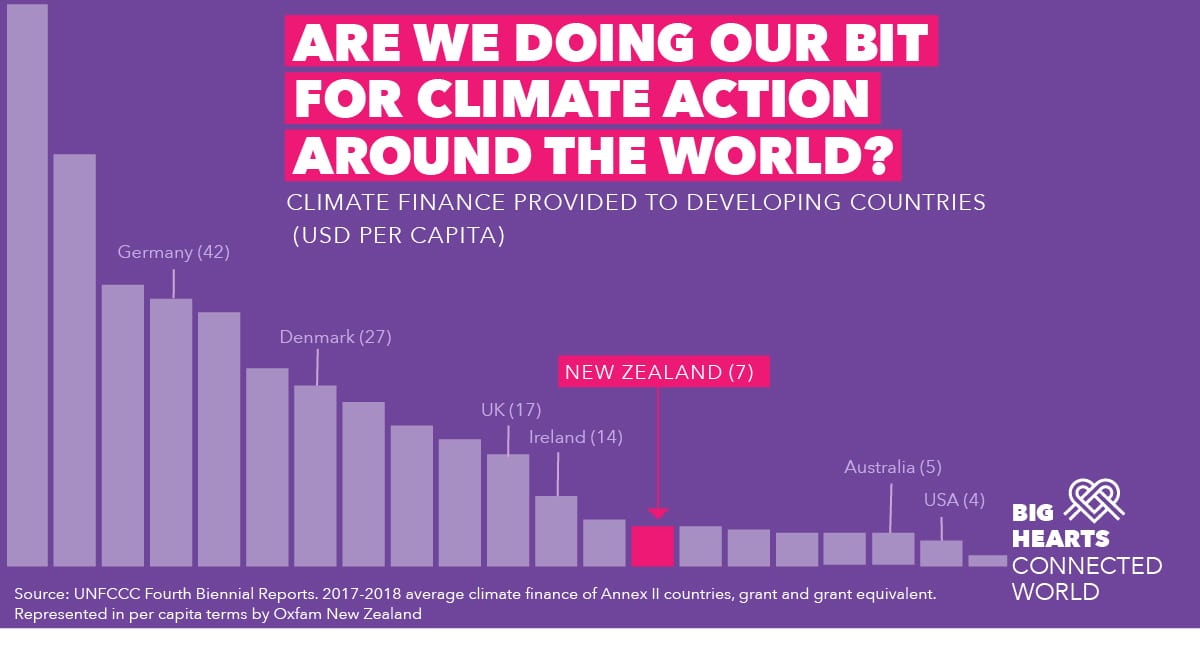Following reports that New Zealand won’t be backing the call to waive patents and facilitate a free and fairly distributed vaccine to help prevent the spread of coronavirus around the world, Oxfam New Zealand’s Communications and Advocacy Director Dr Joanna Spratt said:
“It is disappointing for the New Zealand government not to support a decision that could help to prevent billions of people missing out on a life-saving vaccine, as poorer countries do not have the same leverage as richer nations to protect their populations while those wealthy countries are hoarding more than they need.
“Saying New Zealand will support the COVAX facility instead is no perfect solution to the complex challenge of delivering a safe vaccine to everyone in the world. Meeting this task is essential to ending the pandemic, as it’s not over until it’s over for everyone.
“But this will not happen while pharmaceutical companies are allowed to withhold vital science and intellectual property, or while rich nations continue to use their purchasing power to side-step COVAX and buy up the vast majority of the world’s currently limited vaccine supply for years to come.
“Earlier this year, Jacinda Ardern signed her name to an open letter calling for a guarantee of equal global access to a Covid-19 vaccine. In the letter, it states that where you live should not determine whether you live. It also states that ‘…This cannot be a race with one winner. When one or more vaccines are successful, it must be a win for all of us.’
“We wholeheartedly agree with the prime minister on these points. Access to a coronavirus vaccine should not be dependent on where you are born or how much money your country has. Now more than ever, we need global cooperation to halt the spread of this virus and stop the spread of the pandemic in its tracks.
“Waiving patents is one way to advance more equitable distribution and supply of a vaccine. But if the government feels unable to support this, there is still plenty more they can do to advance a free vaccine for everyone. It is not clear how much New Zealand has contributed to the COVAX Advanced Market Commitment mechanism, so publishing our contribution would be a good first step so New Zealanders can see how strong our commitment is.
“The government could also join the ‘Solidarity call to action to realise equitable global access to COVID-19 health technologies through pooling of knowledge, intellectual property and data’, already signed onto by 40 other WHO member states and other supporting organisations and people.
“Finally, New Zealand could use its purchasing power to persuade pharmaceutical corporations to voluntarily share their coronavirus intellectual property and technology.
“There simply comes a time when humanity’s common good must take precedence over private profit. This is that time. The only way we can truly put an end to the coronavirus pandemic is by providing a free vaccine to everyone in the world who needs one.”
-ends-
For more information, please contact:
Kelsey-Rae Taylor on [email protected] or +6421 298 5894.






